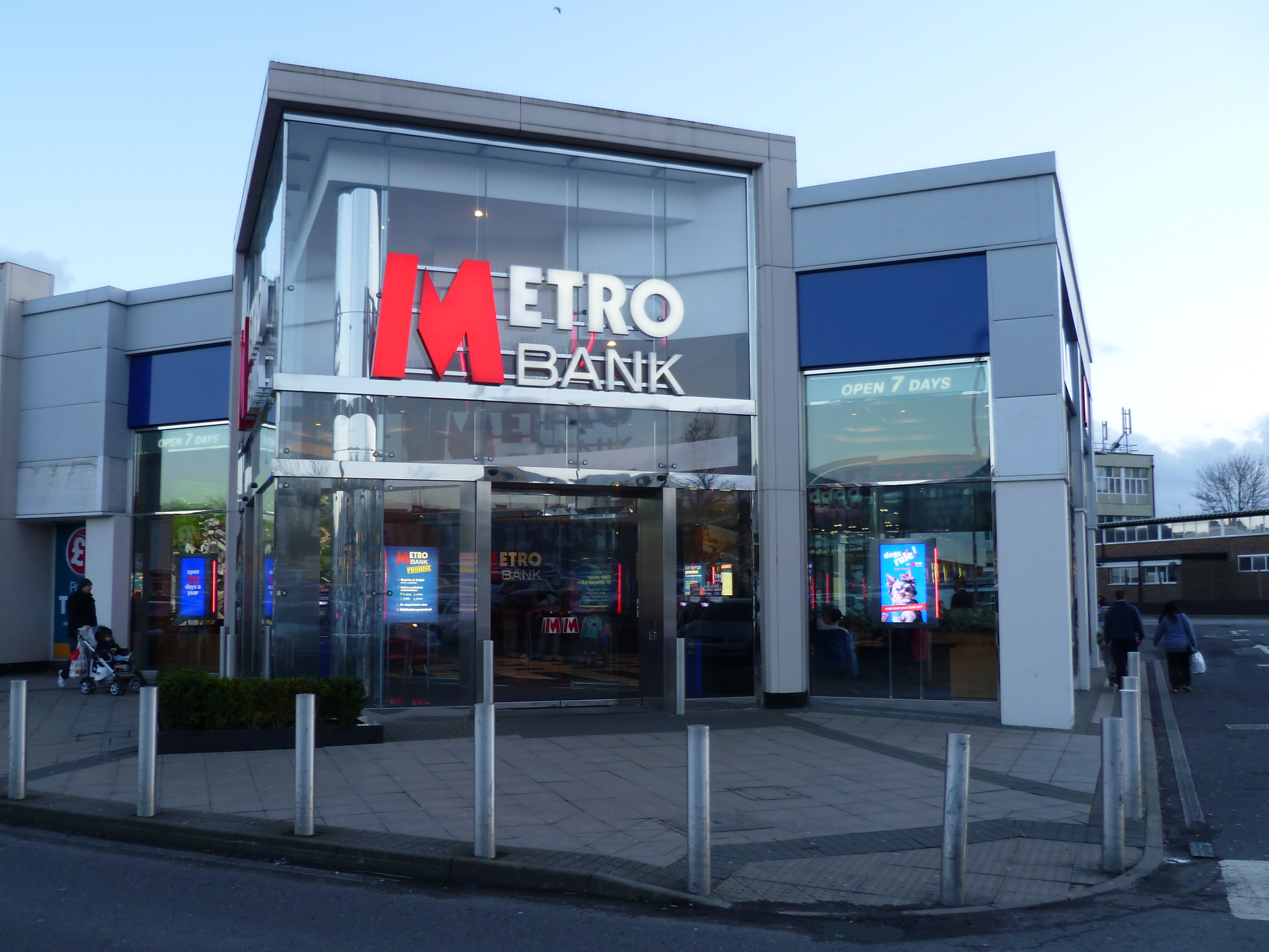Glencore has decided to retain its listing on the London Stock Exchange, after considering a move to a New York primary listing.
The update comes as the Swiss-based FTSE 100 mining firm published its half-year results, which showed a 14% drop in its EBITDA, totalling $5.4bn. The firm said the result reflected weaker coal prices and lower copper volumes.
Furthermore, its pre-tax loss totalled $1.13bn this period, a 205% increase year-on-year, while its revenue increased marginally from $117.09bn to $117.4bn.
Although its marketing adjusted EBIT was down 8% year-on-year to $1.4bn, Glencore said this was an "overall solid result" against a macroeconomic environment that was heavily influenced by US tariff policy uncertainty and tensions in the Middle East.
Executives at Glencore stated in an analyst meeting on Wednesday: "We have completed our analysis of potential listing jurisdictions and exchanges. We have done a comprehensive review of the various exchanges around the world. Clearly the US capital markets remain the unrivalled, leading markets to explore.
"We do not believe that becoming a US domestic issuer or having a sponsored ADR programme will be value-accretive for shareholders at this point in time. However, we will continue to monitor market developments and this will become a watch brief for management and the board going forward."
Head of financial analysis at AJ Bell, Danni Hewson, said that while Glencore’s announcement may be good news for the London market, it may lead to other suggestions.
She concluded: "Rather than being a ringing endorsement of the merits of a UK listing, it may instead reflect the fact the company is not exactly in the best place to appeal to a new investor base elsewhere.
"The company’s first-half results saw deepening losses. In part this was due to lower commodity prices, something outside Glencore’s control, but production was also lower, hinting at operational issues. Unlike several of its peers Glencore has stuck with thermal coal and weakness in this market is not making that decision look too smart just at the moment.
"There will also be concern about the company’s mounting debt pile. Glencore may well now have to channel more of its capital into improving the balance sheet rather than being able to reward shareholders as generously as it has in the past.
"The company is looking to take significant costs out of the business and expects a big improvement in second half production – it really needs to deliver these efficiencies and this improvement in output to get the market back on side."
Latest News
-
Next raises profit expectations after strong Christmas
-
London IPOs rise in 2025 although performance weakens
-
ATG rejects 11 ‘unsolicited’ acquisition offers from FitzWalter
-
Centaur Media delays £64m tender offer and sells Econsultancy business
-
Buy-in volumes could hit record-high £55bn in 2026
-
Lakestreet calls for leadership change at Palace Capital
© 2019 Perspective Publishing Privacy & Cookies










Recent Stories